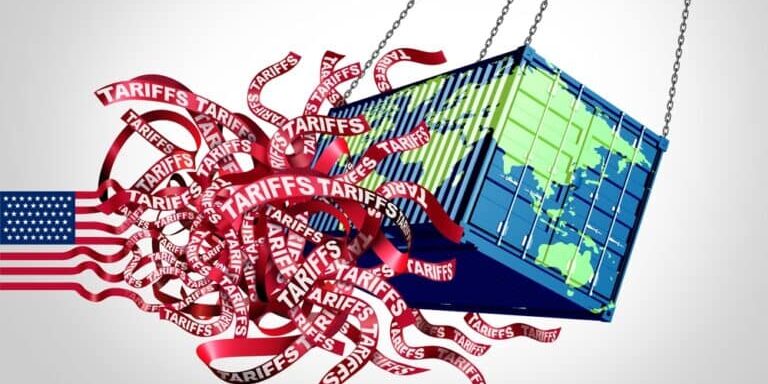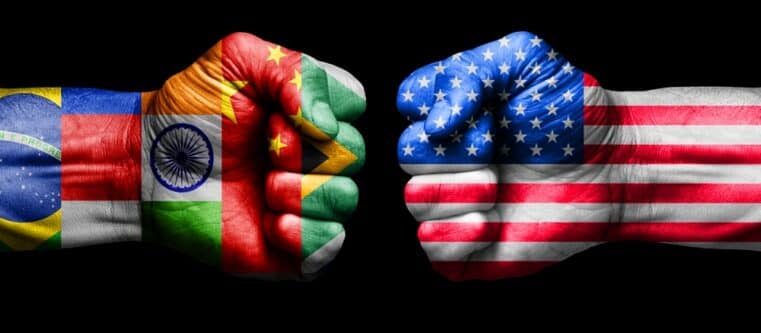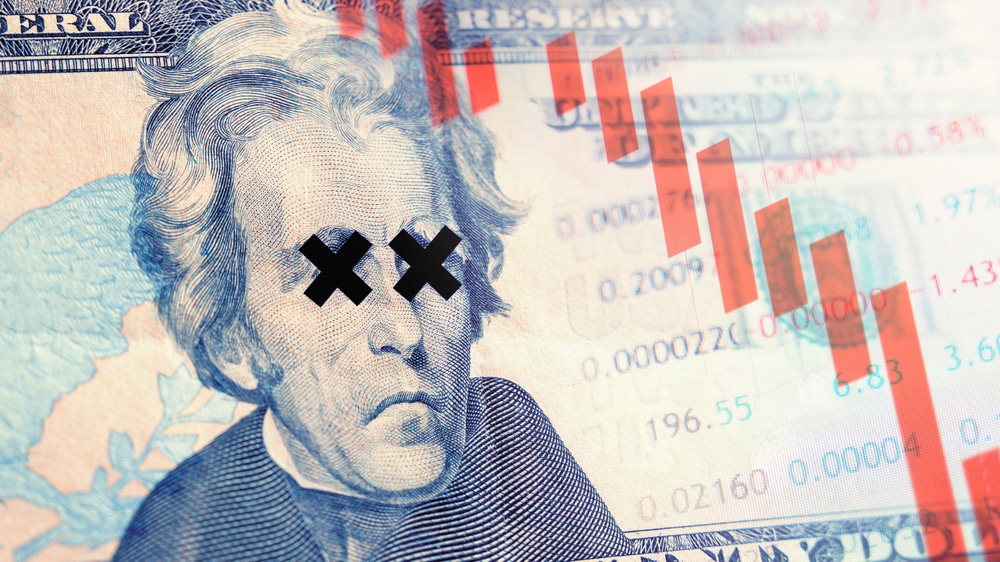
Tariffs: The Blunt Weapon That Risks Strangling Your Freedom to Choose
Retail Sales Show the Impact of Tariffs
Retail sales declined noticeably in May, largely due to a steep drop in auto purchases. The Associated Press noted that Americans rushed to buy cars in March to beat the administration’s 25% tariff on imported vehicles and parts. Once that window closed, demand fell off a cliff.
This isn’t theoretical. One luxury car dealership reported no German imports in half a year—inventory simply vanished. Whether you prefer domestic models or foreign ones, the simple fact is that your choices are being artificially restricted.
Tariffs Don’t Just Raise Prices—They Shrink Choices
It’s a common misconception that tariffs only make things more expensive. They also reduce the range of products available. For some consumers, it’s not about buying the cheapest option—it’s about buying the product that best suits their needs and tastes.
Economist Murray Rothbard put it succinctly:
“Protectionism not only injures the American consumer directly, by using coercion to prevent him [or her] from buying the cheaper textiles or cameras or automobiles that he [or she] would like to buy.”
That’s the principle here. Tariffs limit your autonomy to decide what to buy.
The Political Appeal of Tariffs
Tariffs are appealing to presidents because they bypass Congress. As former Interior Secretary Ryan Zinke explained, tariffs are “personal power.” That’s not speculation—it’s a structural reality. The executive branch can impose tariffs unilaterally, often framed as national security measures.
President Trump’s administration has embraced this approach. In recent weeks, letters went out to Japan, South Korea, and a dozen other nations threatening broad tariffs if trade concessions aren’t made. The White House argues this will bring manufacturing back to the U.S., but there is little evidence that companies can uproot international supply chains in a matter of months.
The Historical Echo of Mercantilism
Protectionist policies are nothing new. Centuries ago, mercantilist governments used trade restrictions to shield domestic industries and funnel profits to politically connected firms. As Rothbard observed,
“The mercantilists want to privilege the government-business elite at the expense of all consumers.”
In this way, tariffs are simply an old policy wearing new branding.
Economic and Market Consequences
The announcement of new tariffs has already sent financial markets lower. Major indexes like the S&P 500 and Nasdaq dropped after trade letters became public. Currency markets reacted too—the yen and won both fell.
Beyond market volatility, these policies set a precedent: trade can be weaponized for short-term leverage, regardless of the long-term costs to consumers and businesses.
A Broader Lesson
Regardless of political affiliation, the lesson here is straightforward. When any administration, Republican or Democrat, claims unilateral power to restrict imports, it places a handful of decision-makers in charge of what Americans can buy and how much they pay. That is a concentration of power that deserves scrutiny.
Call to Action:
If you care about maintaining your freedom to choose how you spend your money and protect your savings from the unintended consequences of economic policy, download “Seven Steps to Protect Yourself from Bank Failure” by Bill Brocius today.











